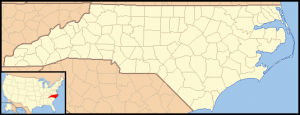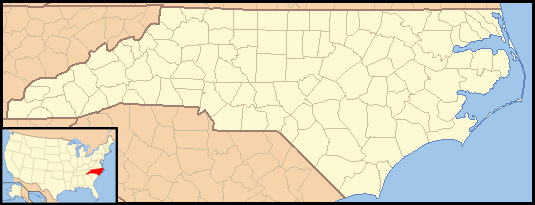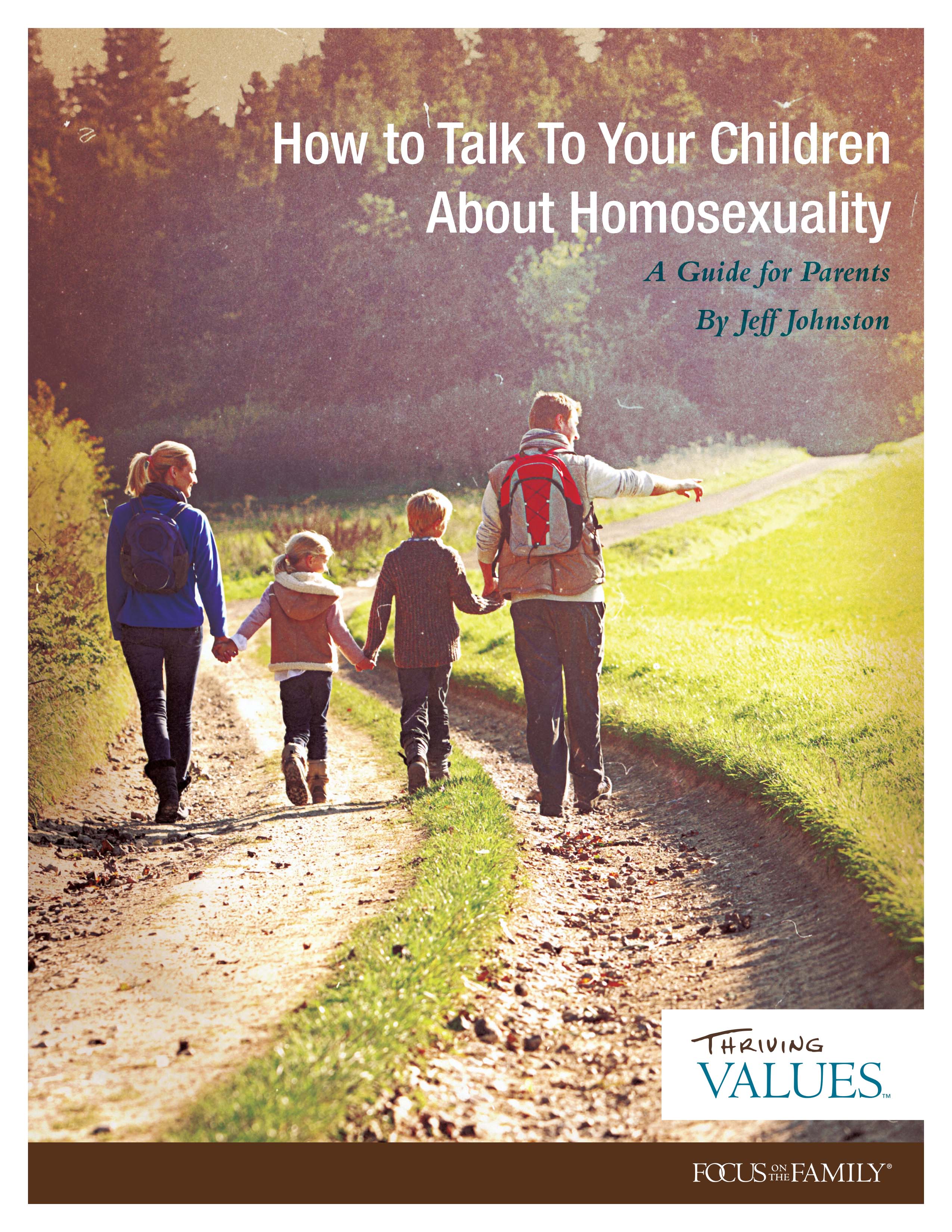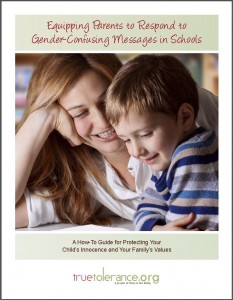Understanding North Carolina’s “Bathroom Bill”
 Over the past several weeks we have seen a lot of questions–and misinformation–about North Carolina’s so-called “bathroom bill”. What is this bill, and does Arkansas need one like it?
Over the past several weeks we have seen a lot of questions–and misinformation–about North Carolina’s so-called “bathroom bill”. What is this bill, and does Arkansas need one like it?
In a nutshell, North Carolina’s proposed H.B. 2 primarily does five things:
- It requires restrooms, locker rooms, showers, changing rooms, and similar facilities at public schools to be sex-specific, and requires each person to use the facility that corresponds to his or her biological sex.
- It requires restrooms, locker rooms, showers, changing rooms, and similar facilities at government buildings–like those at highway rest stops, public colleges, and so on–to be sex-specific, and requires each person to use the facility that corresponds to his or her biological sex.
- It allows these institutions to designate single-occupancy restrooms as available to any person, regardless of sex. That means a restroom with only one stall in it, for example, could be used by anyone regardless of his or her sex or gender-identity.
- It prevents cities and counties from enacting ordinances creating additional, protected classes–much like Arkansas’ Intrastate Commerce law passed in 2015 does.
- It allows businesses and other organizations to designate their restrooms as they see fit. That means if Target wants to let biological males use the women’s restrooms, Target may do so; if Walmart, for instance, wants to make sure a man or woman uses the restroom that corresponds to his or her biological sex, Walmart may do so.
It is entirely reasonable for the State of North Carolina to pass a law governing how government-owned and operated restrooms and similar facilities are utilized.
It is entirely reasonable for the North Carolina Legislature to reserve the power to recognize protected classes of citizens.
And it is entirely reasonable for businesses to decide biological males must use the men’s room and biological females must use the women’s room.
As to whether or not Arkansas needs a law like North Carolina’s, Arkansas passed a law in 2015 that prevents local governments from creating or recognizing any protected classes not found in state law; this should effectively prevent cities and counties from giving special rights or protections to people based on sexual orientation or gender identity–just as North Carolina’s bill does.
As far as the “bathroom” aspect of North Carolina’s bill is concerned, Arkansas’ lawmakers may want to look into legislation that would prevent some of the madness we have seen in states whose legislatures have not addressed public restrooms.
For example, last February a Seattle man entered the women’s locker at a pool twice–once while a girls’ swim team was present. When confronted, he told staff, “the law has changed, and I have a right to be here.” The police were not called, and no one was arrested. Our friends at the Family Policy Institute of Washington also recently wrote about a convicted sex offender trying to gain access to women’s restrooms and locker rooms.
Given the situations other communities are facing, it’s easy to understand why a state legislature would want to clarify the laws surrounding sex-specific facilities.



 Many still find it shocking, but there is a real battle underway in America over whether or not schools must let biological males who claim to be female use women’s restrooms and locker rooms at school.
Many still find it shocking, but there is a real battle underway in America over whether or not schools must let biological males who claim to be female use women’s restrooms and locker rooms at school.

